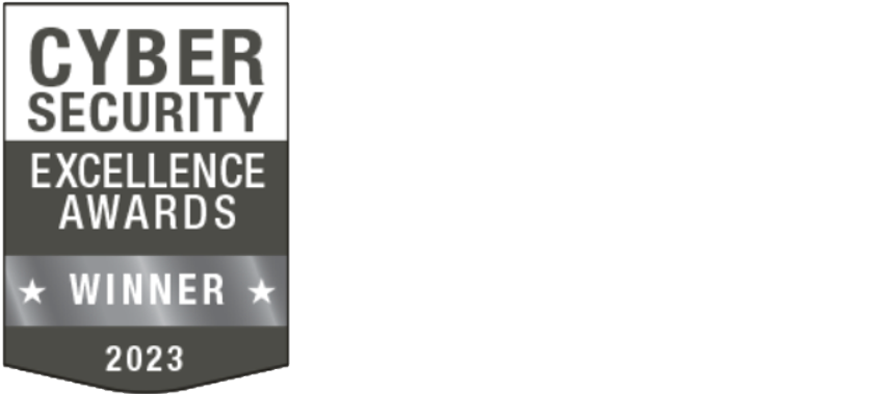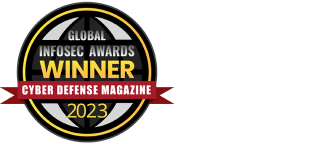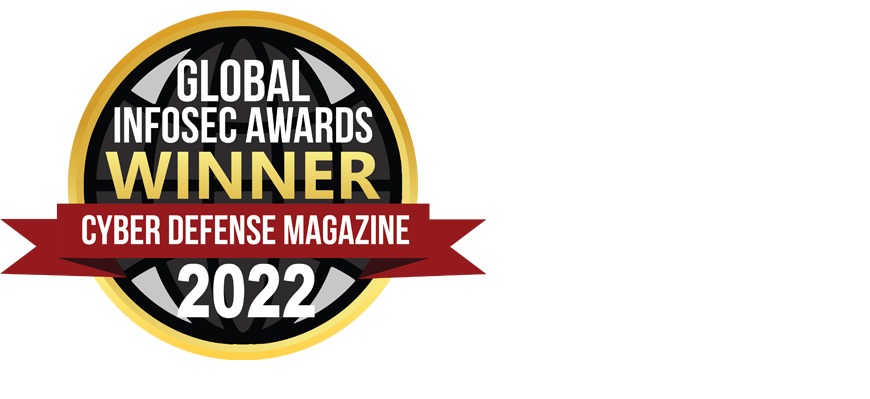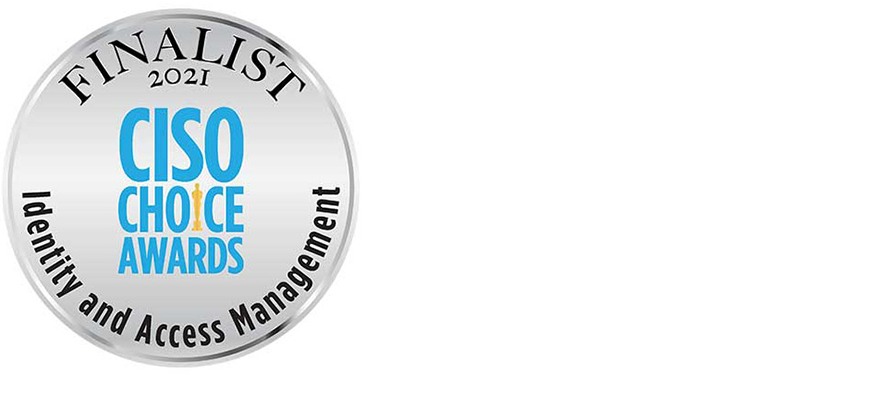Newsroom
Stay up-to-date with all the latest press releases, media, and awards.
In the News
Cision/PR Newswire
December 10, 2024
SecureAuth Acquires SessionGuardian, Adds its Biometric Continuous Identity Assurance to Enhance Protection of Sensitive Information in a Remote-First World
PRNewswire
December 9, 2024
SecureAuth Introduces Biometric Continuous Identity Assurance to Protect Sensitive Information in a Remote-First World
Expert Insights
November 8, 2024
Q&A: SecureAuth’s Chief Product Officer On The Importance Of Dynamic Workforce MFA
CIO Influence
September 26, 2024
Navigating the Evolving Cyber Insurance Landscape: 7 Insights for CIOs
Orange County Business Journal
September 2, 2024
AI Adds to Dangers of Cyber Security
Biometric Update
April 17, 2024
SecureAuth appoints new CEO following Cloudentity acquisition
Press Releases
7/18/2025
SecureAuth Wins “Overall Remote Work Security Solution of the Year” in 2025 RemoteTech Breakthrough Awards Program
September 12, 2024
SecureAuth Appoints Industry Veteran Tom Smith as Chief Revenue Officer to Accelerate Growth
August 1, 2024
SecureAuth Advances Workforce and Customer Identity and Access Management with a Bold New Vision and Welcoming Experiences
June 11, 2024
SecureAuth Named a Leader in KuppingerCole Leadership Compass Report for Customer Identity and Access Management
April 30, 2024
SecureAuth Accelerates CIAM Market Leadership with Acquisition and Integration of Cloudentity
April 16, 2024
SecureAuth Appoints Joseph Dhanapal as CEO to Lead Next Chapter of Company Growth
Awards

Overall Remote Work Security Solution of the Year

2023 Cybersecurity Product / Service Awards – SecureAuth Wins Silver in Identity and Access Management

2023 Global InfoSec Award – Winner of Next-Gen Passwordless Authentication and Identity & Access Management

2022 Global InfoSec Awards: Hot Company Identity & Access Management

2022 TMCnet Zero Trust Security Excellence Award Recipient
